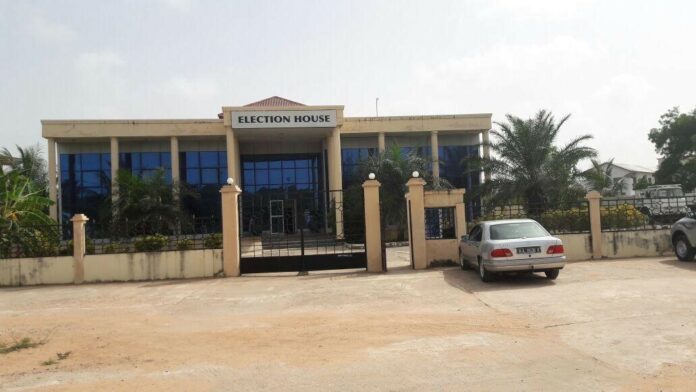Gambians go to the polls to vote for councillors, mayors, and chairpersons on April 15 and May 20, respectively, for the country’s local government elections.
Like other countries, elections in The Gambia are usually tense, with political parties battling to outperform one another. Such competition often results in people unknowingly committing electoral offences.
Thus, DUBAWA shares some common electoral offences punishable under The Gambia’s Election Decree 78 of 1996.
- Violation of voters’ secrecy
According to the constitutional provision, every electoral officer, candidate, agent and authorised person attending a polling station must maintain the anonymity of voters’ decisions.
Subsection (4) Part XV no. 113 of the law notes that a person who contravenes the provision is liable to a fine not exceeding D5,000, imprisonment for a term not exceeding two years, or both.
- Engaging in treating
Pa Makan Khan, the director of communications of the Independent Electoral Commission (IEC), described treating as an occurrence in which a person is offered gifts, prices, food, or promises to influence a person’s voting decision.
Part XV no 121. (1) The Gambia constitution notes that a person guilty of treating is liable to a fine not exceeding D25,000 or to imprisonment of a term not exceeding five years or both.
- Holding a campaign on a cooling-off day
Any political party or candidate is prohibited from holding campaigns on a cooling-off day.
Pa Makan Khan affirms that any political party or candidate who is found wanting to hold campaigns on a cooling-off day, their party/candidature will be deregistered and be banned from contesting.
- Attempting personation
Personation means to assume another person’s identity with the intent to deceive. It is often used in voter fraud, where an individual votes in an election whilst pretending to be a different elector.
According to part XV No 121 of the constitution, a person guilty of the offence is liable to a fine not exceeding D25,000, five years imprisonment, or both.
- Conducting corrupt electoral practices
The term “corrupt practice” is used in section 116. (1) of The Gambia decree. It entails bribery, treating, undue influence, or personation. It also involves aiding or abetting personation.
Anyone guilty of corrupt electoral practices will be convicted of a fine not exceeding D25,000, imprisonment for a term not exceeding five years, or both.
Other election offences highlighted in the IEC handbook include riding a bicycle within a polling station, drunk voting, and using loudspeakers or loud hailers within a polling station, all of which are punishable.
The researcher produced this fact-check per the DUBAWA 2023 Kwame KariKari Fellowship partnership with (The Fatu Network) Daily Trust to facilitate the ethos of “truth” in journalism and enhance media literacy in the country.




